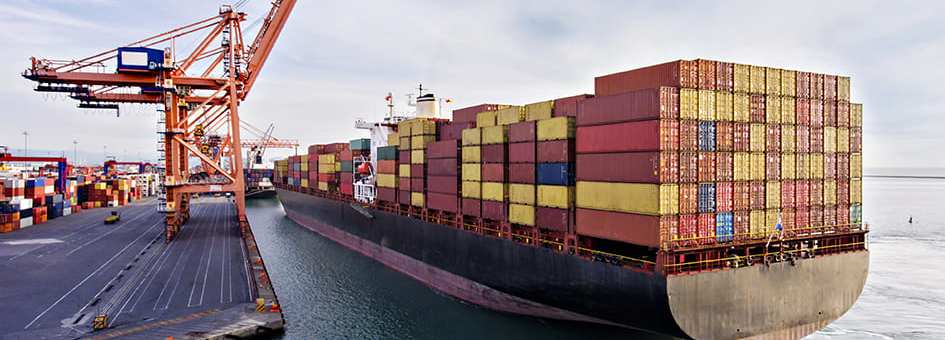Disruptions—for instance, the ban on live chicken exports from Malaysia to Singapore—have businesses bearing the brunt. From companies to mom-and-pop stores operating on just-in-time systems, many businesses found themselves struggling without access to ready inventory.
As the world moves forward from the effects of these global interruptions, is it time to rethink your credit risk strategies, to mitigate risk arising from these globalised partnerships?
Supply chain resilience in a post-pandemic era
The resilience of one’s supply chain hinges on identifying its vulnerabilities. In the past, manufacturers sourced raw materials from remote locales to lower costs. However, long transportation chains increase the risk of exposure to adverse events. Some have chosen to focus on a single geographic area to take advantage of economies of scale. But this scenario can also lead to shortages should restrictions be imposed.
Manufacturers, in particular, must address critical gaps if they want to harness growth opportunities in Southeast Asia. According to an EY article, companies need to redesign supply chains that can “withstand unexpected disruptions” and are built for a post-pandemic era.
Reliance on third parties for vital components creates a situation wherein the manufacturer’s supply chain is susceptible to disruption. Diversifying your suppliers is one way to protect the business from external shocks. However, businesses must still consider risks such as regulatory, litigation, and financial standings when looking for alternative suppliers.
As such, it is important now more than ever for businesses to be able to assess and identify early warning signs of new and existing partners and suppliers quickly and efficiently.
How Experian supports this
With Experian International Reports, manufacturers and other businesses can be equipped with more relevant information when working with third parties. Business leaders know that conducting due diligence can be time-consuming and costly, more so when you’re doing it in a foreign country. For instance, lack of verified coverage and depth makes it difficult to evaluate risk accurately. The lack of consistency also contributes to the challenges of conducting cross-border evaluations.
Moreover, getting the right expertise is critical in reducing credit risk when expanding to overseas markets, as discussed in this article. Experian International Reports can help businesses identify international opportunities through timely and accurate insights. As a result, they can enjoy greater profitability while lowering risk.
With information from over 200 countries and territories, Experian can help conduct credit checks on your customers, partners, or suppliers. Make more informed risk assessments and pricing strategies through credit reports, business profiles, litigation searches, and risk scores.
Using international credit reports, businesses can examine their global clients and key suppliers based on company profiles, key financial details, and credit ratings. Plus, they can do so on a consistent data standard and layout, making assessments easier across locales and sectors.
In the case of manufacturers, many have to undertake a diligent review of their respective supply chains to overcome potential credit risk challenges. If businesses are planning on entering into contracts with different suppliers across geographies, they need to be equipped with the right information to analyse the risk profile of these new suppliers or partners.
Mitigating risk doesn’t end as soon as a contract is signed. Businesses need to ensure that they also stay on top of key events happening in the countries and industries in which they operate. Due diligence should be performed on existing customers and suppliers as part of the annual review process to evaluate their financial capabilities.
Making critical decisions about your customers, suppliers, or partners
There are many uncertainties facing businesses in a post-pandemic world. In addition, risk assessments have gone beyond the scope of financial and lending services. Identifying reliable suppliers can spell the difference between success and failure, especially for small to medium businesses that don’t have much leeway to recover from shocks.
Let Experian keep you informed as you make critical business decisions about your customers, partners, or suppliers. Find out more about our International Reports here.
